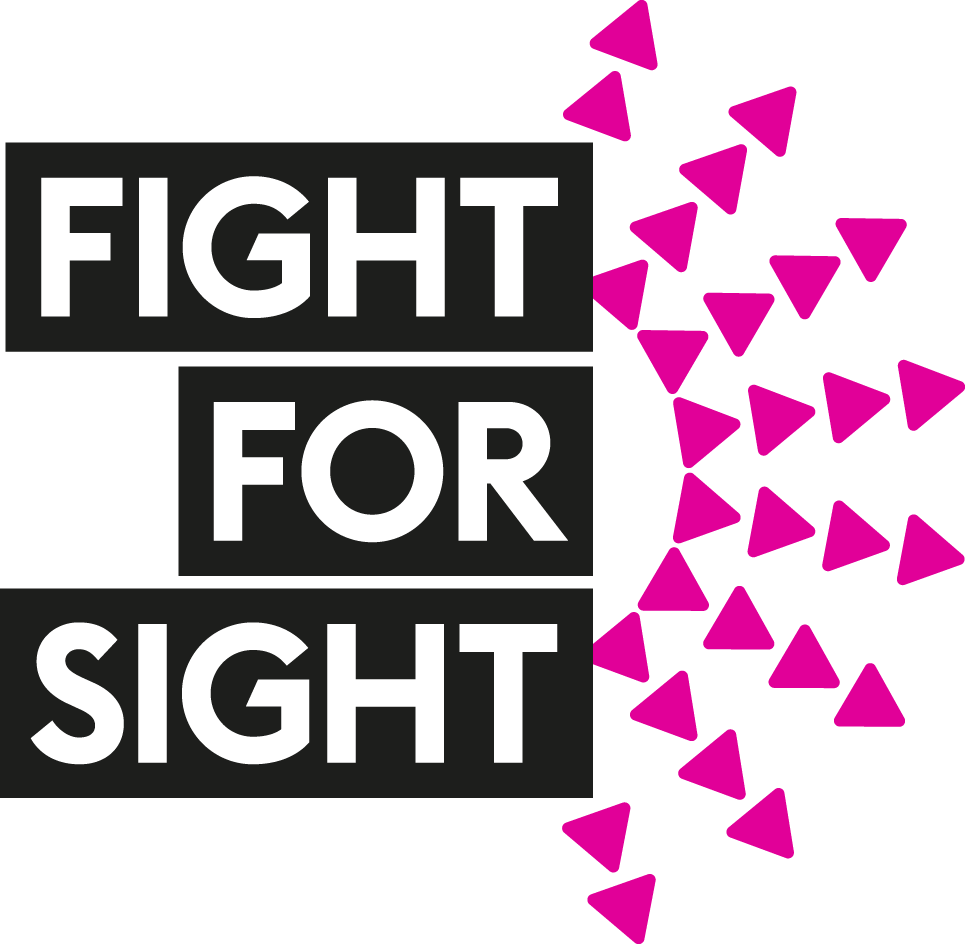An extra £5 million for gene therapy start up
Syncona LLP increases its investment in independent pharmaceutical Nightstar to £17 million
Our funded choroideremia research has leveraged a significant further investment from Syncona LLP, an independent subsidiary of the Wellcome Trust, in NightstaRx Ltd (“Nightstar”) a spin-out from the University of Oxford and Isis Innovation.
Nightstar was established to develop retinal gene therapies and its first programme is focussing on developing gene therapy to treat choroideremia. The programme builds on the work of Professor Robert MacLaren at Oxford’s Nuffield Laboratory of Ophthalmology. Results from a very promising Phase 1 clinical trial were published in The Lancet early in 2014.
The Phase 1 clinical trial was funded by the Healthcare Innovation Challenge Fund and was only made possible by earlier research by Professor Miguel Seabra at Imperial College London which was funded by the Tommy Salisbury Choroideremia Fund at Fight for Sight.
Chief Executive of Fight for Sight Michele Acton said; “I am delighted to see this significant further investment in a programme to develop gene therapy for retinal gene therapy and we welcome the new Chief Executive of Nightstar David Fellows as he takes this programme forward.
“To date The Tommy Salisbury Choroideremia Fund at Fight for Sight has invested £400,000 into choroideremia research and today’s announcement is a clear illustration of the leverage charity funded research can bring.”
Choroideremia is a rare inherited retinal condition which is caused by mutations in the choroideremia gene (CHM). It affects one in 50,000 people worldwide and can lead to progressive loss of vision.


